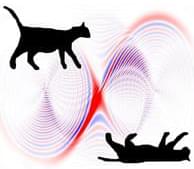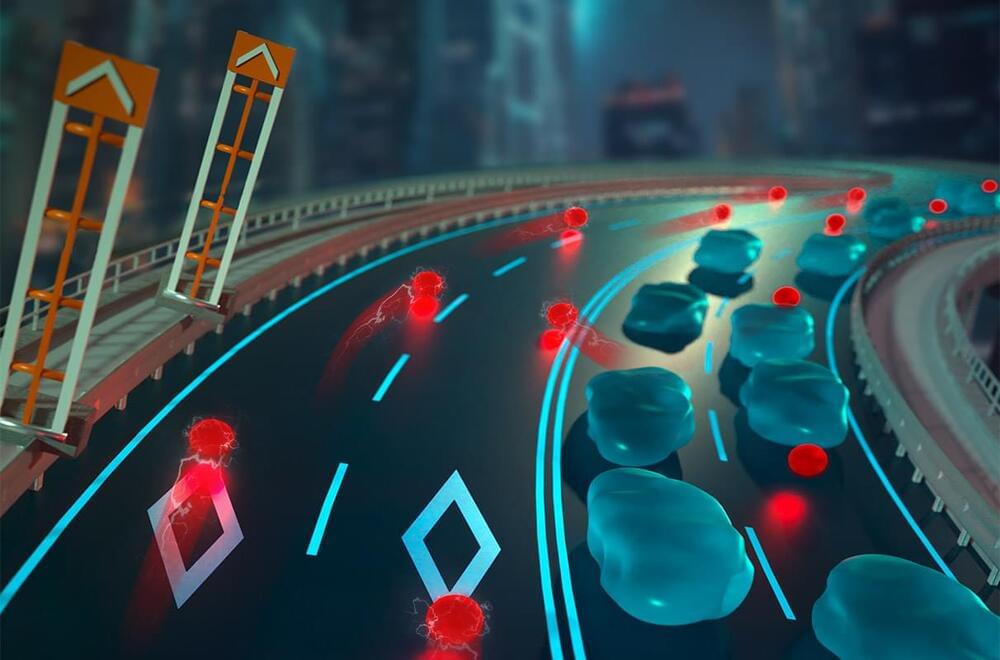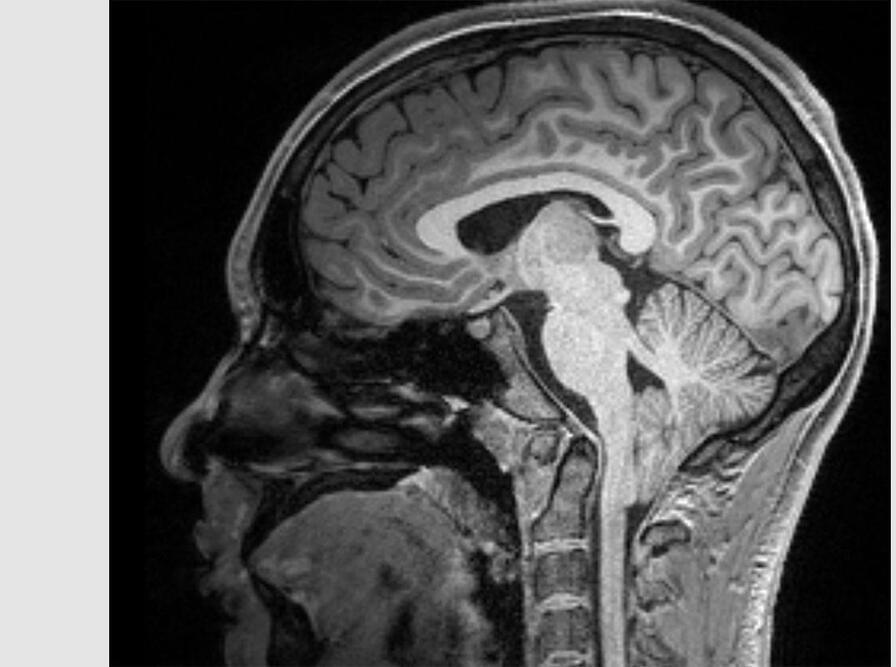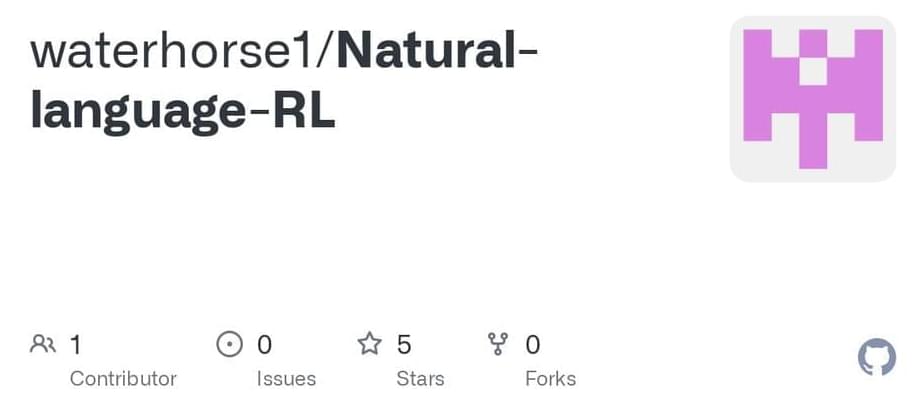Returning to those Red Monsters, the new JWST data showed that these galaxies produce stars at about two to three times more efficiently than galaxies in the later universe.
The stellar masses of these three galaxies are so large that they require a stellar-mass conversion efficiency of about 50%, higher than the typical efficiency observed in galaxies today. For example, most galaxies at later times convert only about 20% of their available gas into stars. These findings suggest that the early universe may have had a different set of conditions that allowed for much faster and more efficient galaxy growth.
“Our research is transforming our understanding of early galaxy formation,” Mengyuan Xiao, lead author of the study and a postdoctoral researcher at the UNIGE Faculty of Science, said in the statement.







